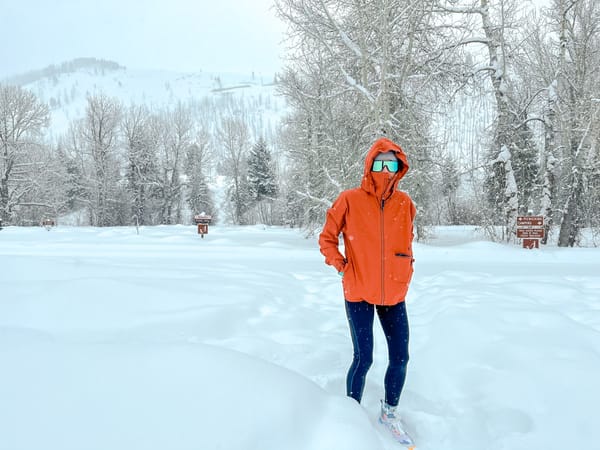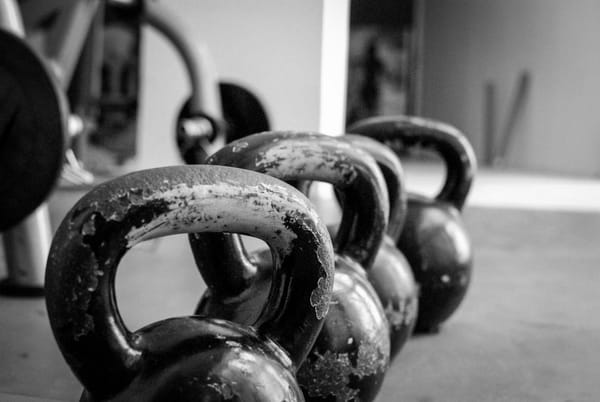Redefining the Happiness Baseline

I believed I was on a quest for happiness. My search was both rigorous and exhaustive. I scaled mountains, explored ocean depths, spilled poetry from my gut, rambled to anyone with the patience to listen, and devoured pages upon pages of text. What I've found was the futility in the pursuit of happiness as a quest to some specific end. Happiness is not a tangible thing with a clear distinct form, there is no beginning nor end. It is a state of being; defined as good fortune, pleasure, contentment. A state of being that's been grossly redefined with an elevated baseline comprised of higher expectations of abundance in the tangible and intangible, all whilst maintaining such indefinitely.
As a result, happiness has become about filling voids — redefined from a perspective of lack. Industries have sprouted with the purpose of educating us on our lack, then providing solutions; typically in eight to ten easy to follow steps. Articles, books, seminars, products, diets, and retreats blatantly or subversively use lack of happiness as the foundation for their value. Professing that happiness can be found in the exclusion of a basic food group, a yoga pose, colored sugar water, or a viral status update. Regardless as to whether some truth lies in their statements, our discontent as a society continues to escalate, and so more solutions are sought. The Huffington Post reported on a Harris Poll in 2013 which concluded 1 in 3 Americans are "Very Happy", while LiveScience.com cited the same poll headlining, Two-Thirds of Americans are Not Very Happy. That same year, Forbes ranked the United States the 11th Happiest Country in the World.
If we're the 11th happiest country in the world and two-thirds of us are not very happy, then we have an alarming problem.
I propose we don't have a happiness problem at all. Our problem lies in giving away our free will, our independence. We look to philosophies, religions, and corporations to show us our lack, then we reward them handsomely. We allow them to impose insecurities upon us and praise them when they shed light on those very insecurities. We allow forces outside ourselves to define us, rather than turning within to establish our own meaning for happiness.
So our issue is one of perception, and lies in the definition and measurements which are largely based upon compare. Until our pursuit of happiness is no longer based on the fallacy we've transformed it to mean we'll continue to fan the flames and move further from the truer meaning of the word.
If we asked ourselves some basic questions, we could recalibrate what's been skewed.
- Do I experience good fortune?
- Do I experience pleasure?
- Do I experience overall contentment?
It's critical to answer these questions in the vacuum of your own life, not in comparison with another.
If I personally answer these questions with honesty, I notice several things. I realize that by the simplest measure of the happiness definition I've actually found it. Happiness is both within me and within my quest. My quest being for knowledge, allowing deeper introspection and understanding. While a double edged sword at times, it brings me joy and pleasure — this pursuit of learning.
I realize that accepting happiness as a state of being I must as well accept that it is not a constant state.
I also understand that while it's good to shed material things and simplify life, happiness—as pleasure—is directly effected by doing and having. The key to sustained pleasure is relying on a minimal set of the do's and have's. For instance, running in nature and being in water bring me pleasure — happiness in the doing. The haves of running shoes and a surf board are the functional essentials I've identified necessary for my happiness. Writing is doing, paper and pen the required having. These contribute to my physical and mental wellness, and thus requirements of a sustained state of happiness, that baseline.
Most importantly I've concluded that my happiness does not look like what has become the social indicator for such. I'm not smiling selfies and group gatherings with blissful banter. I'm rather quiet, stoic, misconstrued at times as unapproachable or unsocial. My baseline of happiness is lower than most, I don't wake up happy and energetic. However, that doesn't exclude me from experiencing pleasure, feeling grateful for my good fortune, or being content in what I've made, and am making, of my life. I must engage daily in what I've identified as giving me pleasure, gratitude, and contentment, to lift myself to my personal happiness baseline.
Seems rather obvious, even rudimentary, yet our unhappiness is often caused by neglecting those very elements identified, or not yet identified, as required to experience happiness. In conclusion, we must realize happiness is already found, in fact never lost, it's buried within, under the clutter of the unnecessary.
In another post I discuss a more worthy pursuit in which we should engage, the pursuit of vitality.




